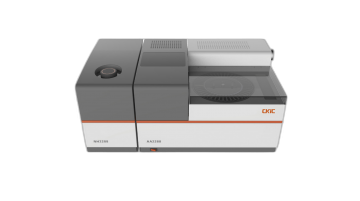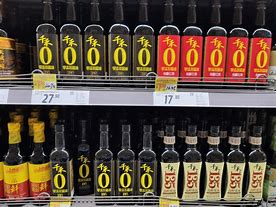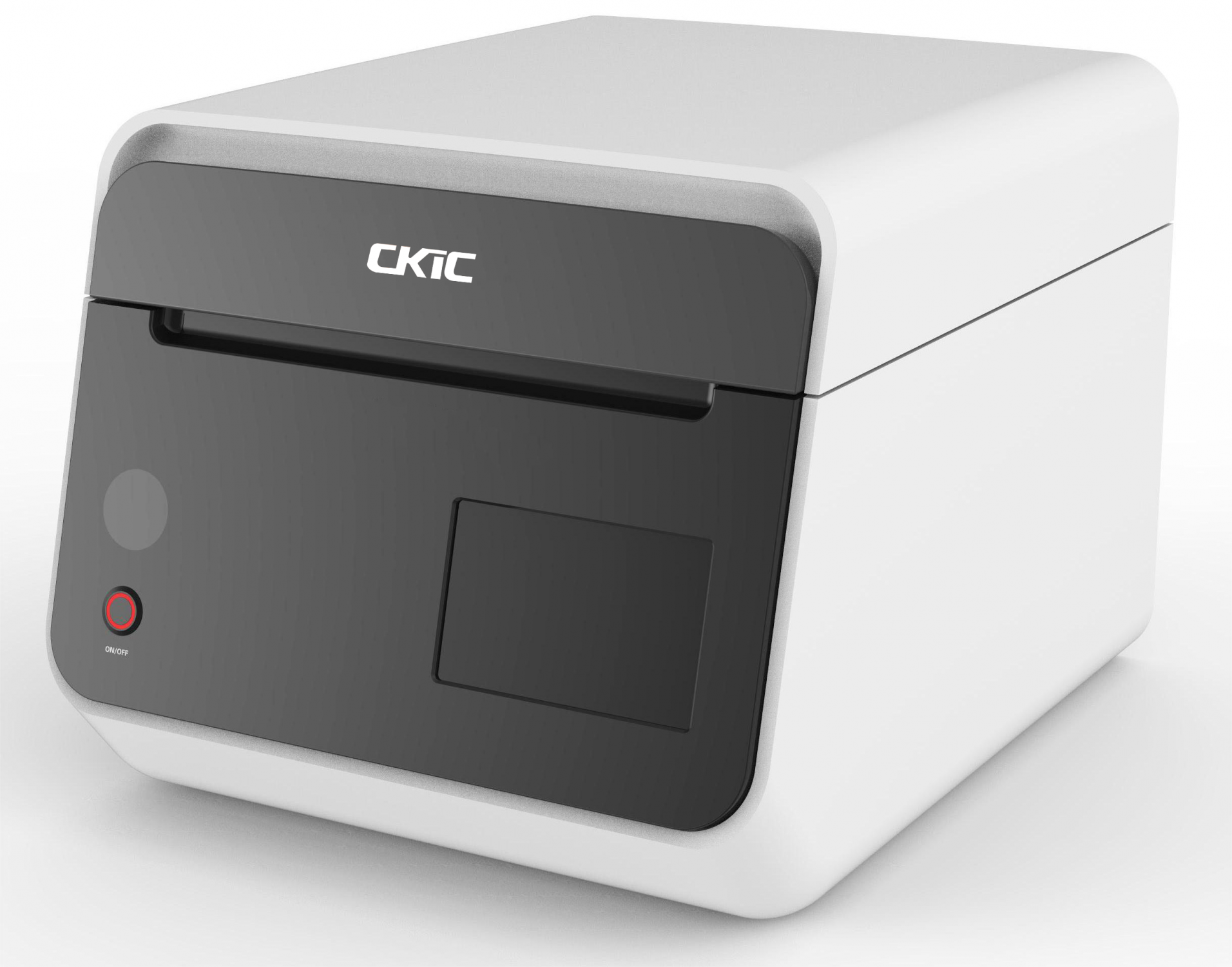Disadvantage:
1. Increase the transport load.
With uneven distribution of coal producing area in china, about 70% of the railway transport capacity is used for coal transportation, resulting in serious inefficient transportation.
2. Increase coal consumption.
When coal is used as fuel, the mineral cannot produce heat. What is worse, the ash discharging will take away the sensible heat and some of the unburned coal, which may cause fuel loss; when coal is used as the raw material of coking, the ash will get into the coke, leading to fixed carbon reduction, increasing amount and reduced productivity.
3. Affect the production conditions and product quality.
When the coal is used as the raw material of fuel and gasification, the ash with low melting point is easy to cause the slag and the clogging of the boiler and the gasifier. Coke made by coal with high ash content has a poor strength. Some of the ash content will increase the coke reactivity, which will lead to strength reduction. If we use the coal with high concentration of sulfur or phosphorus to produce coke for iron-making, the steel will be very brittle. In the case of liquefaction, it is difficult to filter the solvent-refined coal. The alkali metal and alkaline earth metal compounds reduce the activity of the cobalt molybdenum catalyst used in liquefaction of the hydrogenation. Iron-containing compounds can catalyze coal oxidation and spontaneous combustion.
4. Corrode equipment and device.
Pb and Bi will be carried away by burning gas and deposited on the surface of the metal particles to produce a grain boundary embrittlement, resulting in damage to the metal. Pyrite may cause damage to the boiler of pulverized coal combustion because of sulfide. Sulfur content in flue gas will corrode super-heater and economizer. Chloride ion in coal is the main corrosive agent of Austenitic steel.5.
5. Cause environmental pollution.
The ash and fly ash of boiler and gasifier occupy large tracts of land, causing pollution of the atmosphere and water; When the sulfur compounds are combusted with trace mercury, they will generate SOx, COS, H2S , other toxic gases and mercury vapor pollution, which will form acid rain when it gets serious.
Advantage:
1. Play a role of catalyst in coal conversion process.
Some of the minerals in coal, such as alkali metal carbonates, alkali metal chlorides, alkaline earth metal oxides, carbonyl iron, cobalt molybdate, etc. are coal gasification catalysts; Molybdenum is a catalyst for coal hydrogenation. Pyrite, kaolin and TiO2 also have hydrogenation activity.
2. Produce building material.
Coal gangue and coal ash can be used to produce cement, brick, road and decorative materials, cast stone and refractories.
3. Produce environmental preparation and materials.
Fly ash can be made into waste water treatment agent and used as fertilizer and soil conditioner. Gasification Coal ash can be used as gas desulfurization agent.
4. Recover rare metals and other useful ingredients.
Germanium, gallium, molybdenum, vanadium, uranium, etc. are able to be recovered. The Al2O3 extracted from coal ash can be made into anhydrous aluminum chloride, aluminum sulfate and high alumina cement; SiO2 can be recovered to produce silica and water glass.
5. Be used as fertilizer and soil conditioner.





